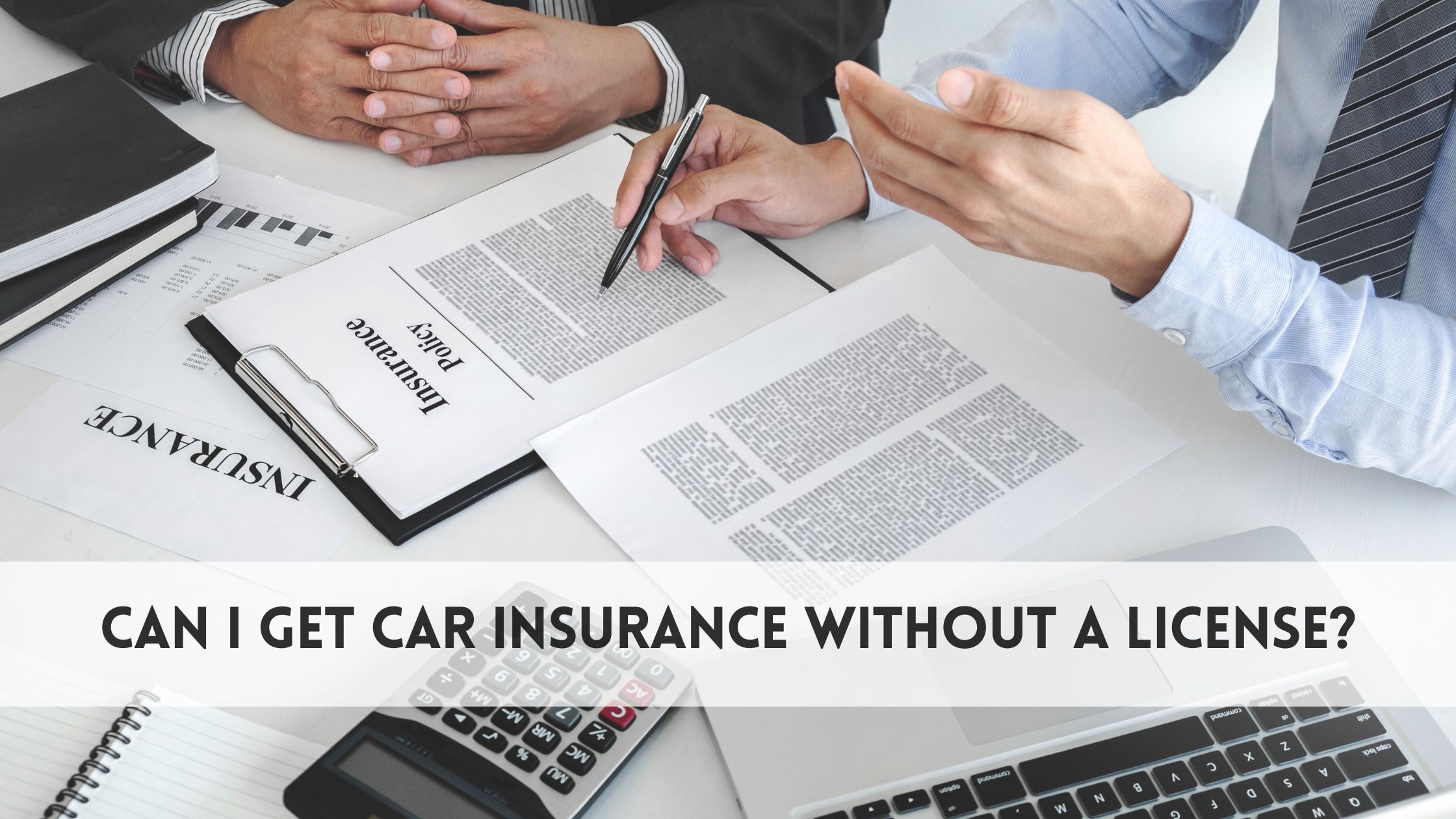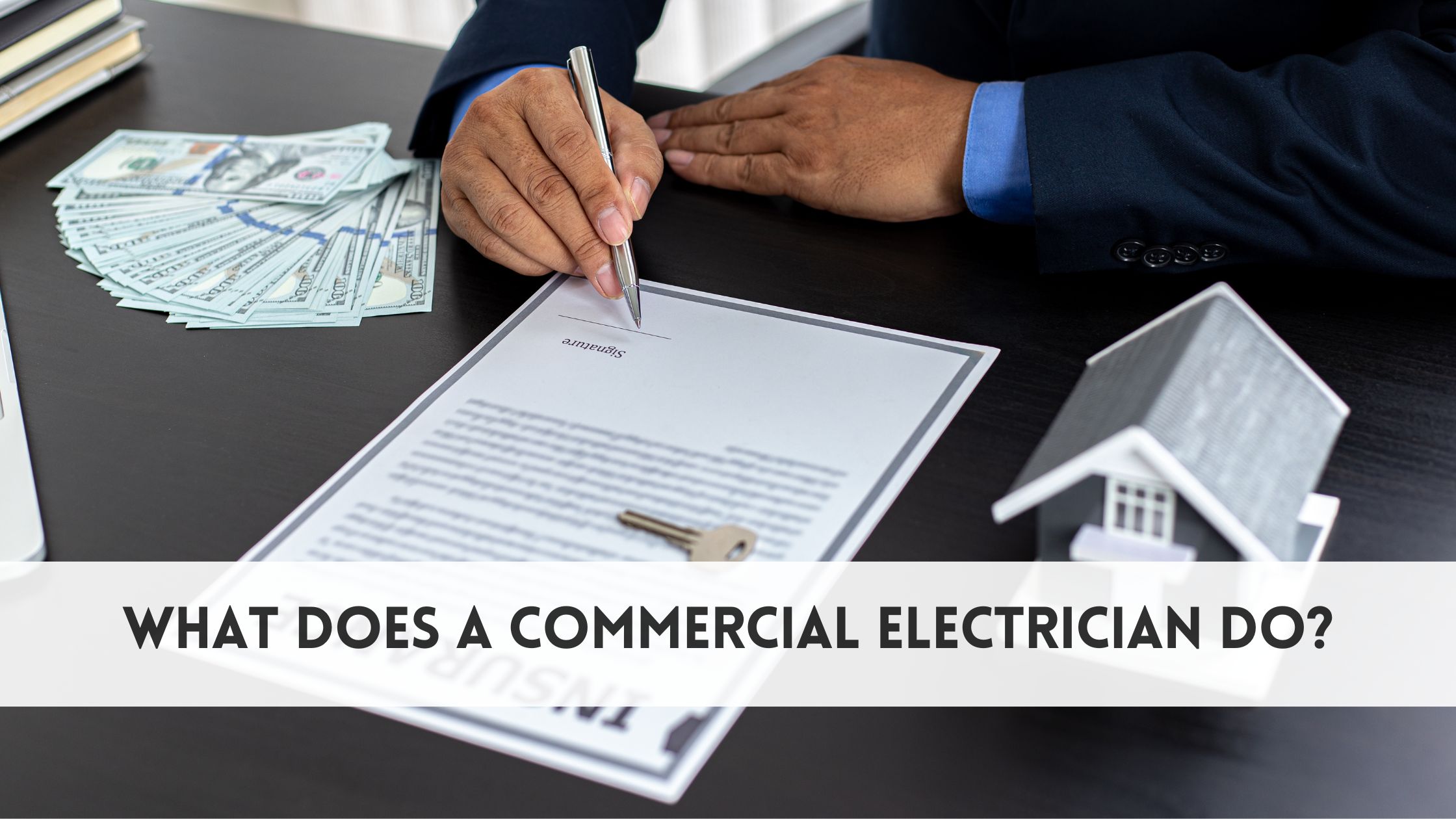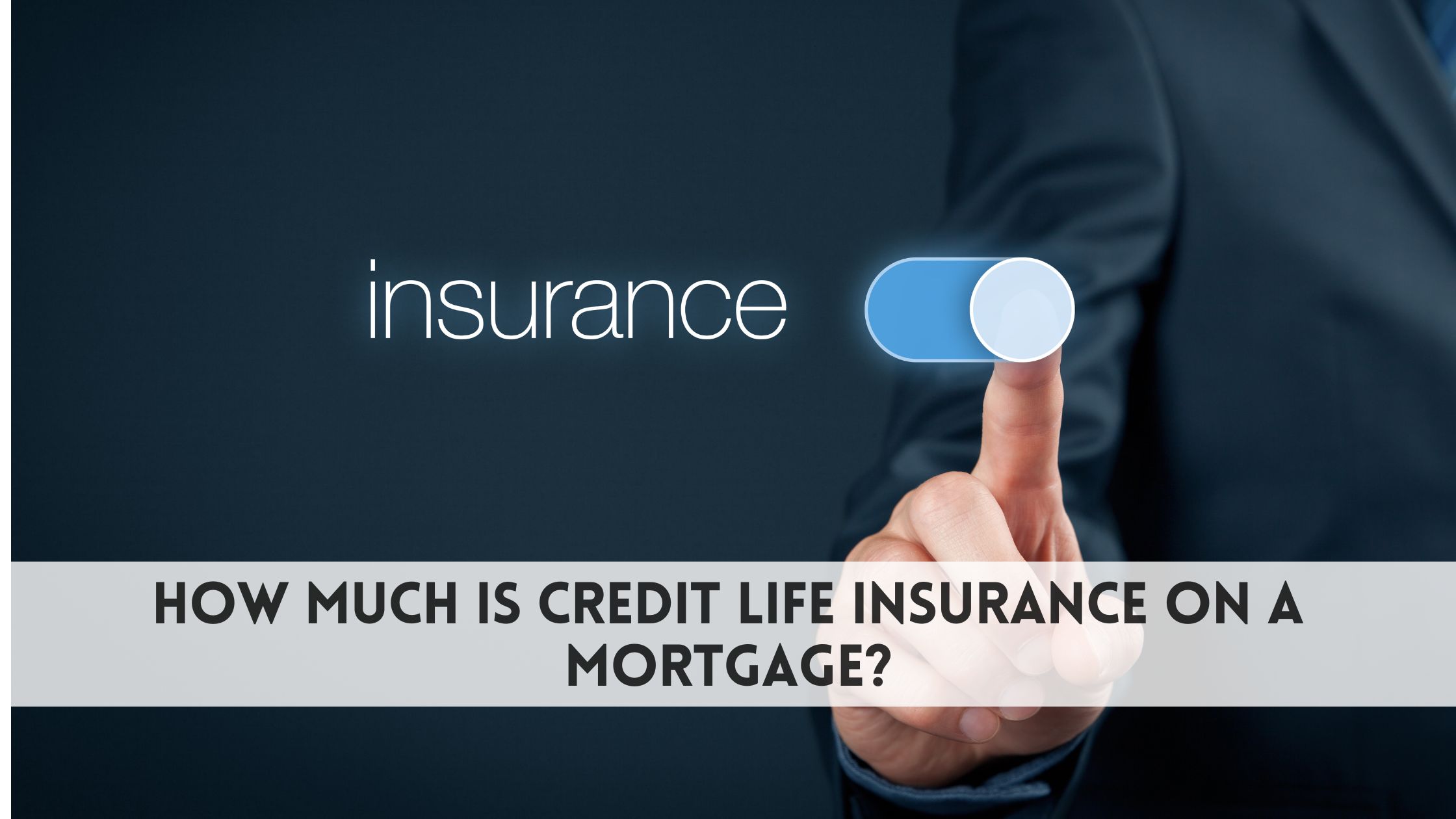Can You Get Liability Insurance On a Financed Car?

Imagine this, you’ve just purchased a shiny new car, a dream come true. The keys are in your hand, the paperwork is signed, and you’re ready to hit the road. But wait, there’s a catch – you need insurance. The salesperson or finance officer mentions terms like liability insurance, comprehensive coverage, and collision insurance. Suddenly, the excitement is replaced with confusion.
Navigating insurance requirements for financed vehicles can be confusing. While liability insurance covers damages you cause to others in an accident, many lenders require comprehensive and collision coverage to protect their investments. This leaves many car owners wondering about their options and obligations.
So, can you get liability insurance on a financed car? The short answer is yes, but it won’t be sufficient on its own. Most lenders mandate full coverage, including both comprehensive and collision insurance, to ensure the car is protected. Understanding these requirements is crucial to avoid any surprises and to ensure you’re fully covered on the road.
Understanding Liability Insurance
Liability insurance is a type of auto insurance coverage that pays for damages you cause to others in an accident. This can include bodily injury and property damage. Essentially, if you’re at fault in an accident, your liability insurance will cover the costs associated with injuries to other drivers, passengers, and pedestrians, as well as damage to other vehicles or property.
The primary purpose of liability insurance is to protect you financially if you cause an accident. Without liability coverage, you would be personally responsible for paying for the damages and injuries out of pocket, which could be financially devastating. Liability insurance ensures that you can cover these costs without exhausting your personal finances.
In most places, liability insurance is a legal requirement for all drivers. The minimum required coverage amounts can vary by state or country, but generally, drivers must carry at least a certain amount of bodily injury and property damage liability coverage. This requirement helps ensure that drivers can pay for any damages they cause, promoting financial responsibility and protecting all road users.
Can You Get Liability Insurance On a Financed Car?
Yes, you can get liability insurance on a financed car, but it’s important to understand that liability insurance alone may not be sufficient. While it is possible to have only liability insurance, most lenders will require you to carry comprehensive and collision coverage in addition to liability insurance. This is because lenders want to protect their investment in the vehicle until you have paid off the loan.
Financed Cars and Insurance Requirements
A financed car is a vehicle that you purchase with the help of a loan from a bank, credit union, or other financial institution. Essentially, the lender pays for the car upfront, and you agree to repay the loan over a set period, usually with interest. Until you have fully paid off the loan, the lender holds a lien on the car, meaning they have a legal right to the vehicle if you default on your loan payments.
When you finance a car, the lender will typically require you to carry specific types of insurance coverage to protect their investment. These requirements often include comprehensive and collision coverage, in addition to the legally required liability insurance. Comprehensive insurance covers non-collision-related damages such as theft, vandalism, or natural disasters, while collision insurance covers damages to your car resulting from an accident.
Can You Have Only Liability Insurance?
While it is technically possible to have only liability insurance on a financed car, it is generally not sufficient to meet the lender’s requirements. Lenders mandate comprehensive and collision coverage to ensure that their investment is protected regardless of what happens to the car. If you only have liability insurance, the lender may consider you in violation of your loan agreement, which could lead to them purchasing the required insurance on your behalf and adding the cost to your loan, often at a higher premium.
Why Lenders Require Comprehensive and Collision Coverage?
Lenders require comprehensive and collision coverage to protect their investment in the vehicle. Since the lender holds a lien on the car, they want to ensure that the vehicle remains in good condition and retains its value. Comprehensive and collision coverage ensures that if the car is damaged or totaled, the lender will be compensated for the loss, reducing their financial risk.
These insurance requirements can impact borrowers in several ways. Firstly, carrying comprehensive and collision coverage increases the overall cost of car insurance, which can strain your budget. However, these coverages also provide significant financial protection in the event of an accident or other damaging event. For borrowers, the additional cost of comprehensive and collision insurance is often worth the peace of mind knowing that they are protected against significant financial losses.
Consider a scenario where a borrower only has liability insurance on their financed car. If the car is stolen or damaged in a flood, the borrower would be responsible for all repair or replacement costs. This could lead to financial hardship, especially if the borrower is unable to afford these costs out of pocket. On the other hand, with comprehensive and collision coverage, the borrower would only be responsible for the deductible, with the insurance covering the rest, ensuring that the borrower and the lender are financially protected.
Steps to Obtain Liability Insurance for a Financed Car
Assess Your Needs
The first step in obtaining liability insurance for a financed car is to assess your insurance needs. Evaluate your financial circumstances, your comfort with risk, and the worth of your car. While liability insurance is a legal requirement, you’ll need to determine the appropriate coverage limits that will adequately protect you in case of an accident.
Research Insurance Providers
Researching and comparing insurance providers is crucial to finding the best policy for your needs. Look for providers that offer a good balance of cost and coverage, and be sure to read reviews and ratings to gauge their customer service and claims process. Using online comparison tools can help streamline this process by allowing you to compare multiple quotes at once.
Consult with Your Lender
Before finalizing your insurance policy, it’s essential to consult with your lender to ensure that your coverage meets their requirements. Your lender can guide the minimum coverage amounts and types of insurance you need to carry. This step is crucial to avoid any potential issues with your loan agreement and to ensure that your vehicle is adequately protected.
Policy Customization
Customizing your policy can help you balance cost and coverage. For example, you can adjust your deductibles to lower your premium, but keep in mind that higher deductibles mean more out-of-pocket costs if you need to file a claim. Additionally, you can explore optional coverages such as uninsured/underinsured motorist protection, roadside assistance, and rental car reimbursement to enhance your policy’s protection.
Conclusion
Navigating the world of car insurance can be challenging, especially when you have a financed car. Understanding the requirements and options available to you is crucial for ensuring that you have the right coverage to protect both yourself and your lender’s investment. While liability insurance is a fundamental component of any auto insurance policy, it is often not sufficient on its own for financed cars. Comprehensive and collision coverage is typically required by lenders to safeguard their investment and provide you with financial protection.
By assessing your needs, researching providers, consulting with your lender, and customizing your policy, you can find the right balance of coverage and cost. Remember, the goal is to
At Hull Maynard Hersey Insurance Agency in Woodstock, Vermont, we provide comprehensive car insurance tailored to your needs. Trust us to protect your vehicle with reliable coverage and exceptional customer service. Contact us today for a free quote!
Frequently Asked Question
Can I cancel insurance on a financed car?
Yes, you can cancel insurance on a financed car, but it’s not recommended. Lenders usually insist on comprehensive coverage to safeguard their investment. Canceling insurance can lead to penalties, and the lender might purchase forced-placed insurance, which is more expensive, and add it to your loan balance.
How does gap insurance work if you only have liability?
Gap insurance covers the difference between your car’s actual cash value and the remaining loan balance if your car is totaled or stolen. However, if you only have liability insurance, gap insurance won’t apply, as liability coverage doesn’t cover damages to your vehicle. Comprehensive coverage is needed.
Why does a financed car have to be fully insured?
A financed car must be fully insured to protect the lender’s investment. Full insurance, including comprehensive and collision coverage, ensures that any damage or loss is covered, safeguarding the lender’s collateral and preventing the borrower from defaulting on the loan due to repair or replacement costs.
Will my lender know if I cancel my car insurance?
Yes, your lender will know if you cancel your car insurance. Insurance companies typically notify lenders of policy changes. If you cancel, the lender may impose force-placed insurance, which is more expensive, or consider you in default, potentially leading to financial penalties or repossession.



